Hike in Travel Fares Drains Commuters’ Pockets in Manipur; Raised Once During the Covid Pandemic, The Travel Fare is a Major Concern in the State
The drivers actually charge the travel fare double times higher than the fare before the pandemic everywhere in the state. It even raised 3 times higher in between. The pandemic is over but they never care to lower the fare rate in the name of petrol price hikes.
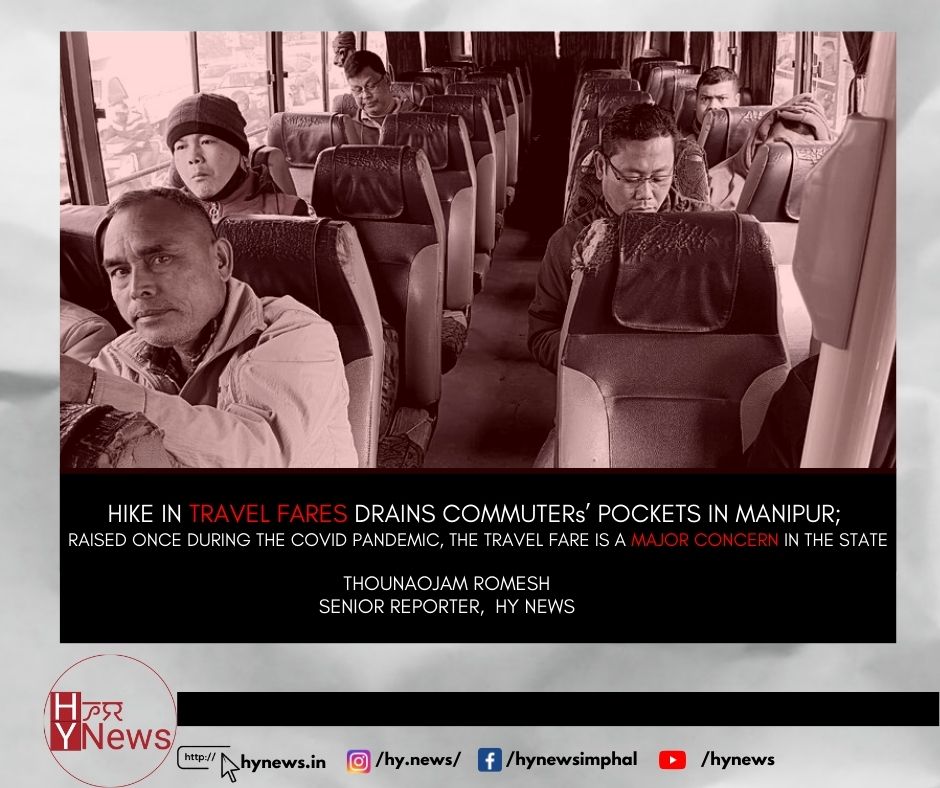
High travel fares in passenger vehicles have drained the pockets of commuters ranging from government employees to college goers, students, and other daily wage earners in Manipur. The passenger vehicles are collecting exorbitant prices from the commuters.
The fare was raised during the covid pandemic way back in 2020 as part of the covid protocols in the state. However, not the state authority nor the drivers’ associations seem to reconsider ways to lower the fare even when covid-19 cases drop to nil. The pandemic is almost over in the state but travel fares have become a major concern for many sections of society now.
In an interaction with the Auto Drivers’ Association Mayai Lambi on why the auto drivers are still overcharging the passengers post the covid pandemic, the timekeeper said that they can’t lower the fare as the prices of petrol, diesel, and spare parts of vehicles soar up, they would not be able to support their families with the rates of fare existed before the pandemic.
Ibomcha, a 42-year-old auto driver commuting from Wangoi to Imphal supported the statement of the timekeeper and said that the fuel prices have increased and we can’t make ends meet anymore if we continue with the old fares. Besides, they don’t get as many passengers as they used to get before the pandemic.
Another driver shuttling from Keithelmanbi to Imphal held the same view. He also added that most of the families in Manipur own a four-wheeler these days out of the pandemic fear. They are commuting in their own vehicle rather than transversing to and fro on public transport. This has resulted in a sharp decline in the number of passengers. And auto drivers and other vehicle drivers including that of buses, magic tata, wingers, and others, find it hard to get passengers.
However, the drivers are ready to lower the fares provided the government arranges a way to reduce the prices of fuels and that of prices of the spare parts of their vehicles.
The autorickshaw unions have increased the fares post-pandemic as well. They are collecting Rs 20 as a basic charge and hiked the price double to the ordinary fare before the pandemic in every part of the state.
Vehicles | Commuting Regions | Fare before Covid | Fare Post Covid | ||||
From | To | ||||||
Students | Others | Students | Others | ||||
Winger Auto Rickshaw Buses Magic Tata | Wangoi | Imphal | 10 | 20 | 30 | 40 | |
Kakching | Imphal | 25 | 50 | 80 | 100 | ||
Bishnupur | Imphal | ||||||
Moirang | Imphal | 60 | 60 | 100 (50 in Bus) | 100 | ||
Churachandpur | Imphal | 50 | 100 | 100 | 150 | ||
Kangpokpi | Imphal | 30 | 50 | 100 | 100 | ||
Senapati | Imphal | 30 | 60 | 60 | 120 | ||
Thoubal | Imphal | 15 | 30 | 40 | 60 | ||
Khangabok | Imphal | 20 | 40 | 40 | 70 | ||
The drivers actually charge the travel fare double times higher than the fare before the pandemic everywhere in the state. It even raised 3 times higher in between. The pandemic is over but they never care to lower the fare rate in the name of petrol price hikes.
As a result, the passengers have to shell out 200 percent extra on travel expenditures. A passenger traversing from Kakching to Imphal spent around Rupees 30,00 a month on travel expenditures earlier before the pandemic. However, she has to spend Rs. 60,00/- above at present. Had he/she saved Rs. 3000 every month, he/she could have saved Rupees 36,000/- a year on regular basis, and could be spent on welfare schemes for the family. This may be one of the many reasons why most people suffer economically despite their hard work. A huge portion of their income is being used to meet the hefty fare charges in the state.
I can’t find any good reason against why the government and other civil organizations are deaf and blind to one of the most important issues facing all sections of society and drying their pockets up. The fare charges are exorbitantly higher in comparison to the travel fares in Assam and most other states in India.
Sorojini Longjam, a vegetable seller herself and a passenger said that after the pandemic, it has become difficult to run a household with skyrocketing prices of daily commodities and overcharging travel fares. I have to travel each day from Wangoi to Imphal and spend about Rs 120 or above every day. Earlier she used to spend as low as Rupees 60-70. And this is putting a huge dent in our monthly expenses.
At this, she wants government officials to set reasonable fares so that both the daily wage earners, vegetable sellers like her, and the drivers co-exist. Because of the fare, she finds it hard to support her family with her present earnings minus travel expenditures.
However, Jiten Saikhom, a government employee said that the government has increased their monthly emoluments at regular intervals, why can’t the drivers charge a little higher to support their families amidst the soaring prices of daily commodities? He finds it quite reasonable about the hike in travel fares.
They have to pay fees for their children’s education and bear other expenses in the family.
On the other side, the school and college goers burst into a protest against the hike in the fares. University students and many collegegoers in the state support themselves financially through tuition. After academic fees, rent, and other expenses, they can barely afford the delicacy of their own transportation. Auto rickshaws and buses have been the most reliable means of commuting for them. However, the recent hike in the rate of fares has put them into a predicament.
James (name changed) of Manipur College said that on many occasions he couldn’t attend classes just because he couldn’t Rupees 100 a day. There are dozens of his friends with the same condition as him, he added.
The hike in fuel prices and bus and auto rickshaw fares imposes dire consequences on the students of universities, colleges, and schools. At this, he urges the government and the concerned departments to think over the rate of fares and lower it to a level that everybody can afford.
They have to manage everything with the limited amount of pocket money allotted to them or the limited amount of earnings. Increased travel fare means their expenditure on transportation would get larger. This will limit their scope of saving up and spending on their hobbies, get-togethers, and other recreational activities. The hike in travel fares would bring trouble both in families and the students, and they would sacrifice their studies and choose a way of earning to support their families.
Since most of the students belong to poor families, they have to support themselves financially. And one will eventually find numbers of dropouts and others engaging in physical labours and others, added James. He also said that the government and the concerned authorities should fix a lower fare that everyone can afford, provided the drivers also earn a sustainable income to support their families.
Hiking travel fares in the name of petrol and diesel price rise is never justified. The hike in petrol and diesel is very minimal, and it would not create that much problem in the earnings of the drivers as they can make up the hike in fuel prices from an extra passenger or two in between. But hiking double the actual travel fare in the name of fuel price rise is never a good way. It has badly affected the helpless daily wage earners, school and college goers, and others who traverse up and down for their day-to-day activities.
With all these into consideration, it would be a wise decision for the government and other concerned authorities to work out a solution to lower the rate of travel fares in the larger interest of the students, daily wage earners, and the general public.
An effective means to lower the rate of fare would be the formation of a monitoring team for each district and implementing a standard rate of fare for each block and district in the state according to the distance one travels. The introduction of a common token system for every destination can also keep manipulation of the fares at will by the drivers and handymen away. Besides, we should make sure that the basis for fares should be transparent and reasonable.
Tickets and payment facilities should also be made available at every main and sub-station. The best way would be the attachment of portable and automatic ticket vending machines in the bus itself. And for the auto rickshaws and e-rickshaws, the meter system should be introduced to monitor the manipulation of fares by the drivers. This new system would attract more passengers and serve better for both the drivers and the passengers in the long run.
Once a transparent and reasonable public transport system is implemented, not only the number of passengers traveling would be increased, but it would also inculcate people the habit of traversing in public transport. And this, in the long run, would prove a positive way in fighting and reducing air pollution and global warming to some extent.

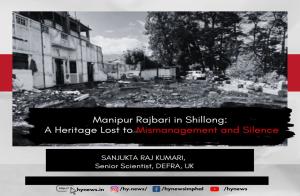





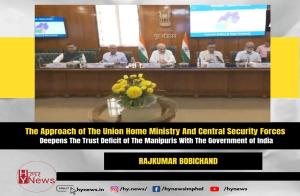
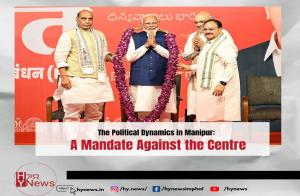
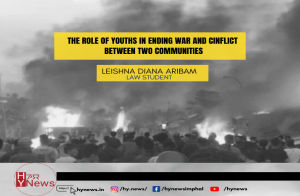
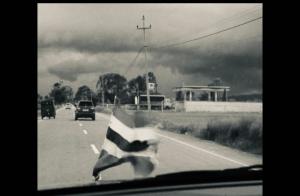
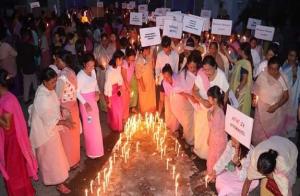
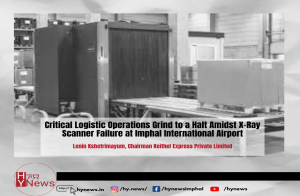
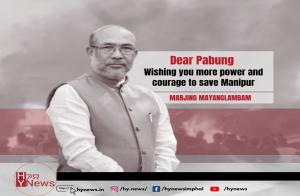
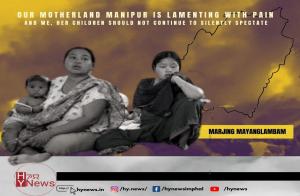
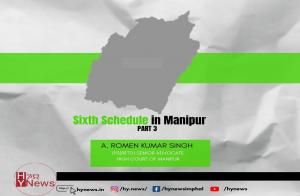
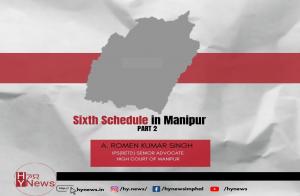
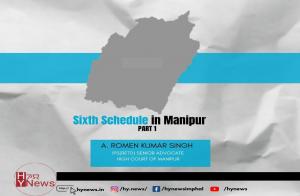
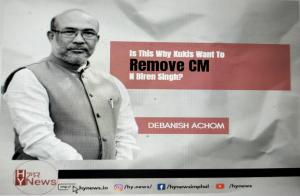
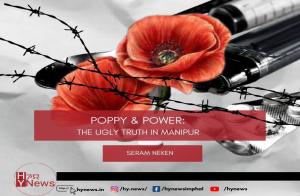

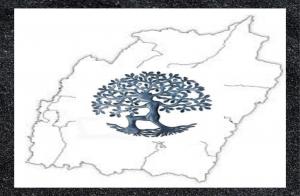



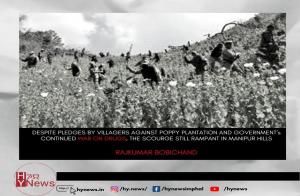

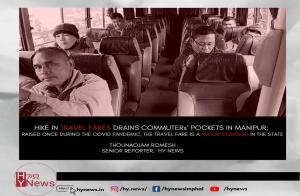
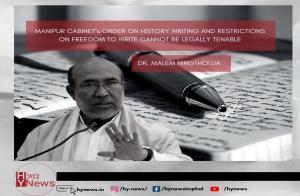







Leave Comments